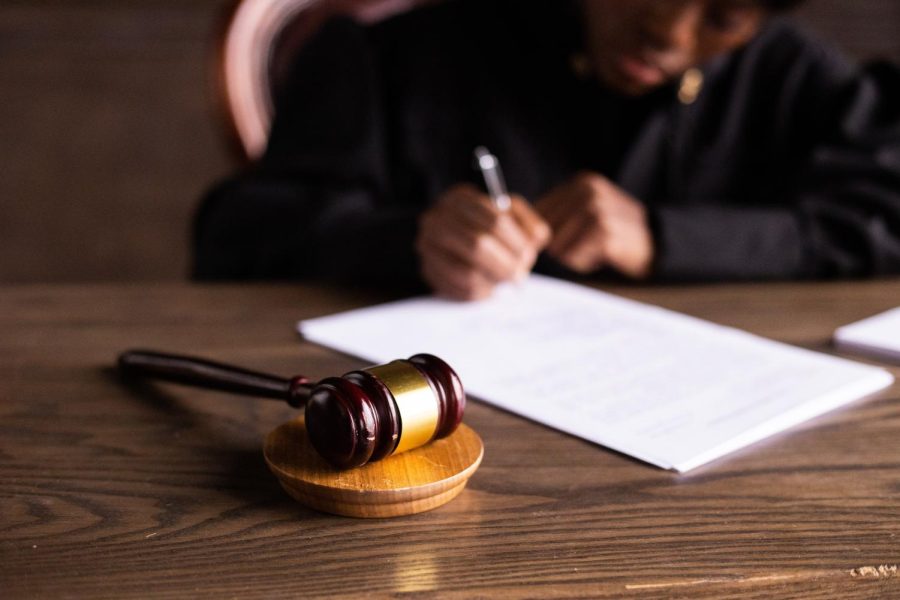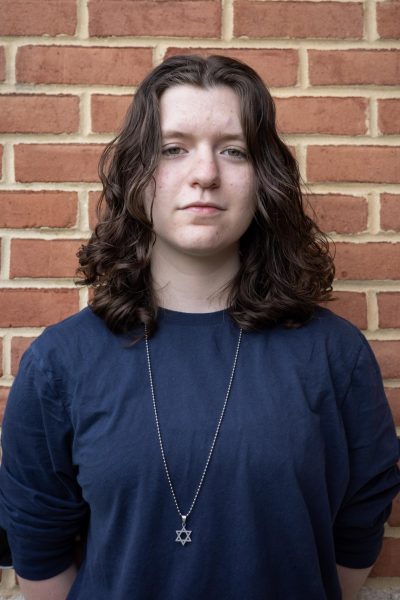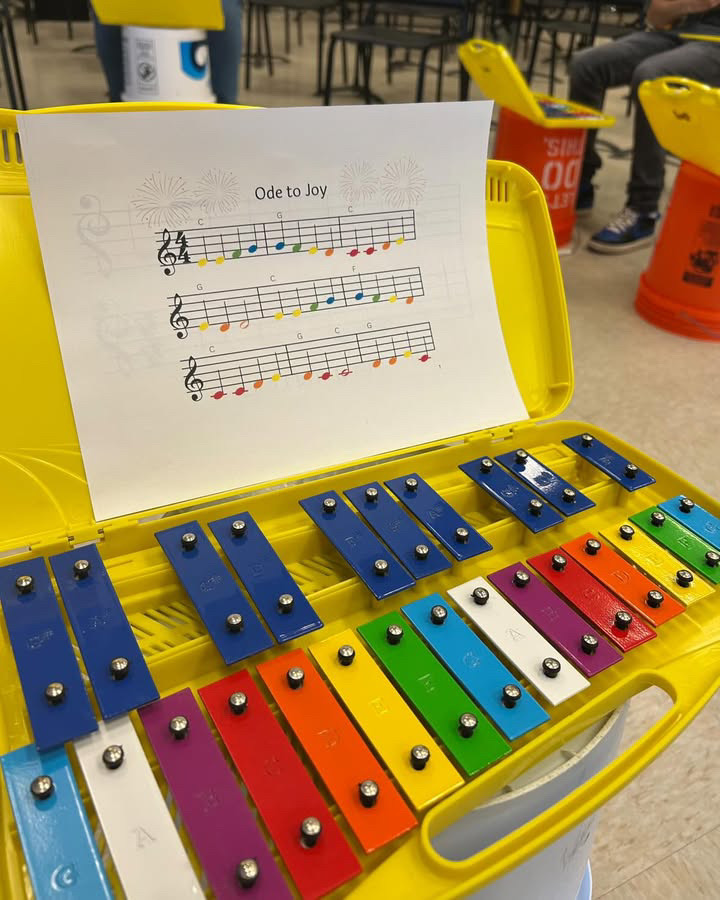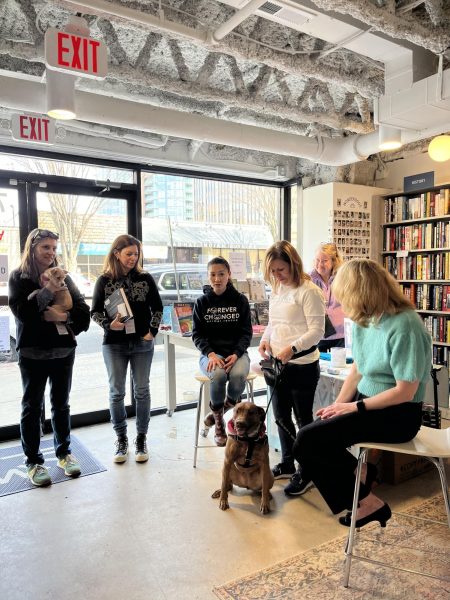The Leadership Academy for Social Justice should be in every school
August 28, 2023
In 2021, Whitman became the first school in the county to introduce a series of interwoven social justice courses, including LGBTQ+ Studies and African-American Studies, Introduction to Social Justice, Women’s Studies, and Media in Society. Dubbed the “Leadership Academy for Social Justice,” the program will open to other MCPS students in 2024 — but the classes won’t be coming to them. Instead, this vital initiative will remain exclusive to Whitman’s halls, with students traveling from their neighborhoods all over Montgomery County to get here.
The program has already made an impact on our students, and its reach should be extended to the rest of the country, if not the whole country. Boards of education, take action: the LASJ initiative should not just open to other schools, but open in other schools.
In the years leading up to the program’s opening, Whitman struggled with racist incidents. But in the U.S., none of that is unique to one school, even if our urgency here is greater.
Not all of what needs examination in programs like LASJ is direct either. This June, representatives on behalf of the Maryland NAACP held a two-day conference in which they urged all Maryland public school districts to face the data quantitatively and qualitatively when it comes to the disparities still plaguing students of color. The conference came on the heels of MCPS’ own internal antiracist audit, the results of which showed that the achievement gap is still substantial countywide.
Like those in the Academy, well-planned and interwoven classes help directly and indirectly. Oversimplified history lessons portray America as a country that continuously overcomes struggles and its own faults in the name of progress. However, the actual history of minority groups in America is far from this linear appearance, and specific course pathways to explore those tensions are a must. Educating students on the complexities of their government’s actions can help them understand and curb the current biases of our leaders today.
These classes can also help students understand the history of their identities. I enrolled in LGBTQ+ studies in the Academy’s first year. The class was thorough regarding the legislation, people and experiences of the LGBTQ+ community throughout history. It was a far more specific class compared to core ones like US History, which in their span, have to sacrifice detail.
The benefit of the LGBTQ+ course’s ability to offer such an extensive education even in just one semester cannot be underestimated. To learn about the history of my rights, triumphs and adversities in my country was an experience I had truly never had before. I was more passionate in class — and by extension, about school as a whole — because I felt that my school was acknowledging that those favored most in society should not be the only ones writing history.
These courses do not just benefit people within the communities being discussed. Teaching non-Black students about the history of Black Americans in the United States allows them to see the full effects racism has had on society, and thus feel more motivated to combat it.
The same is true for other disprivileged groups. Including students by finally legitimizing their communities in curricula will have much-needed ripple effects in optimism about school and effort to engage in all classes.
Junior Cameron Newell, who has taken both LGBTQ+ and African-American studies, noted that while it is gratifying to be in a class with members of your own community, it is important for others to take the classes as well, Newell said.
“I think that the point of the LASJ courses should be to have fun and to get people involved as activists in their community,” Newell said. “I think secondarily, it is important that those classes involve people who are not the victim of what they are learning about.”
The LASJ program is important not only for its classes, but for the opportunities it provides, such as customizable course pathways and internships. Whitman’s students aren’t the only ones who can benefit from guided structure.
Sheryl Freedman, the head of the program, believes that the consistency in the courses help students take what they have learned and be more proactive, she said.
“If you’re taking the entire pathway, you’re going to start in one place and you’re going to gain the skills and the conversation and the confidence to be able to actually do something,” Freedman said. “It really continues to hone your craft and your knowledge basis to see the bigger picture and not just one particular thing.”
The need for these classes may seem redundant at a distance, since certain history classes already go over influential events and individuals, like the Stonewall Rebellion or Rosa Parks. However, other classes have neither the time nor the resources to fully teach the necessary context when there are centuries more to cover.
It will be hard to gauge actual, countywide interest in the LASJ program even when the number of applicants increases for 2024. MCPS students will know that what they’re applying for isn’t just the classroom experience they’ve always wanted, but a commute they never did.
The need for these courses is long overdue, and delaying the expansion of the program and ones like it is dangerous. Ultimately, the importance of LASJ classes stems from the principle behind school: education. LASJ classes are designed to educate students on groups who have been left out or ignored in American history, while also focusing on their triumphs. The goal is to encourage advocacy and awareness alike — two traits long overdue in schools.











